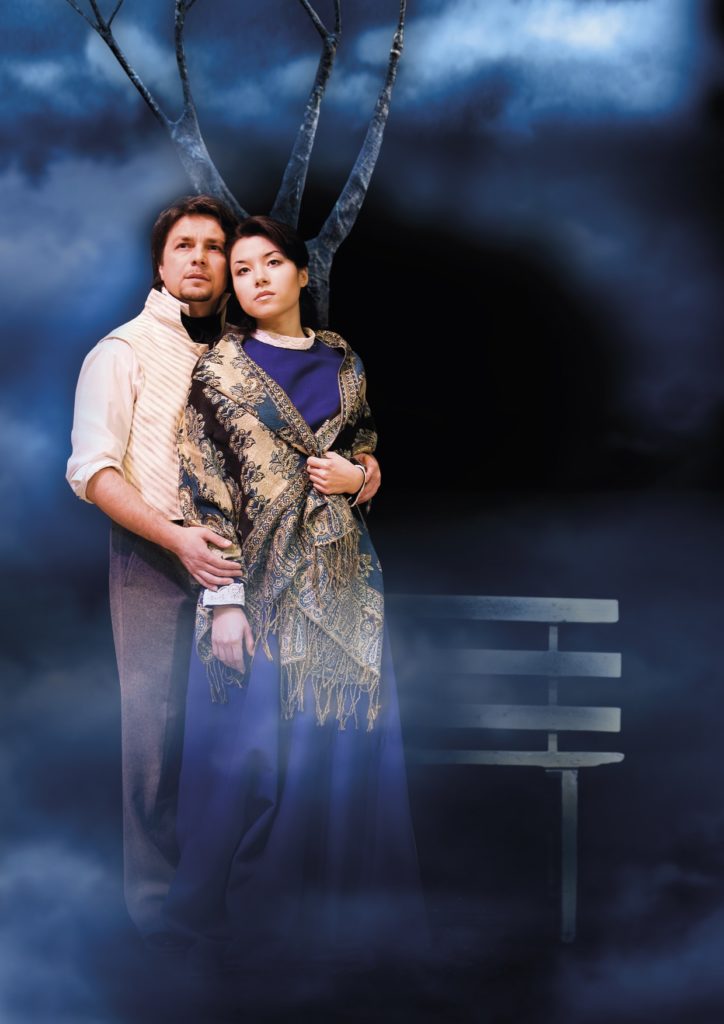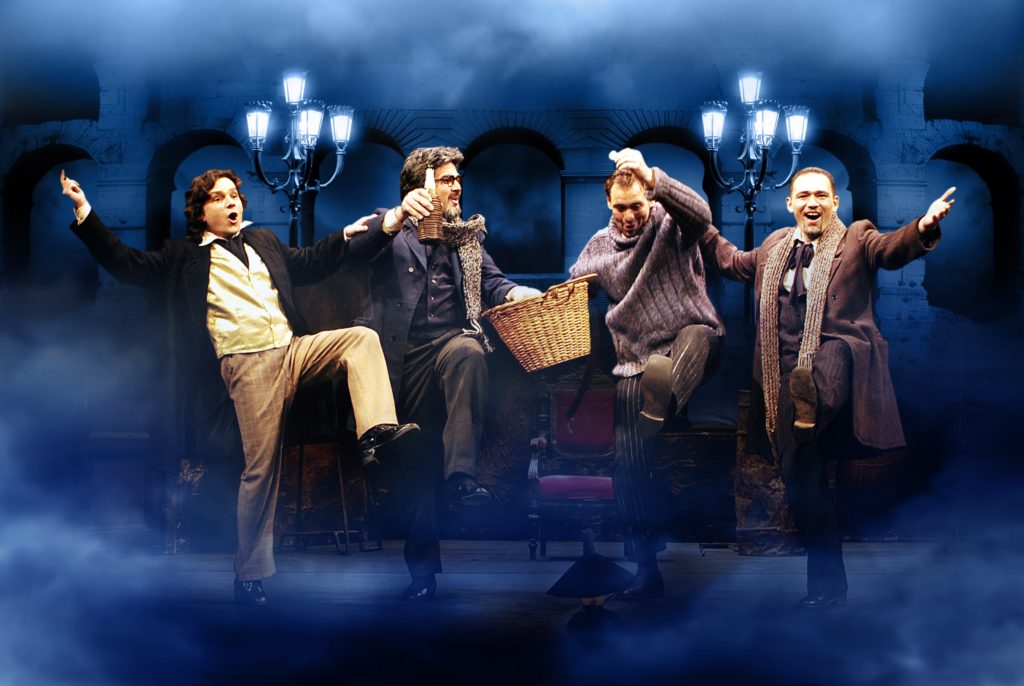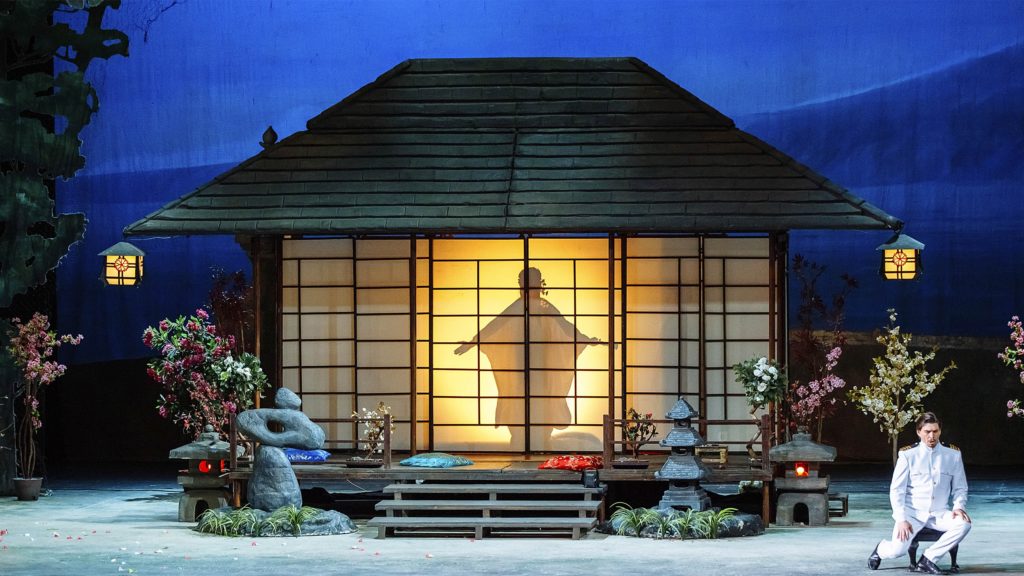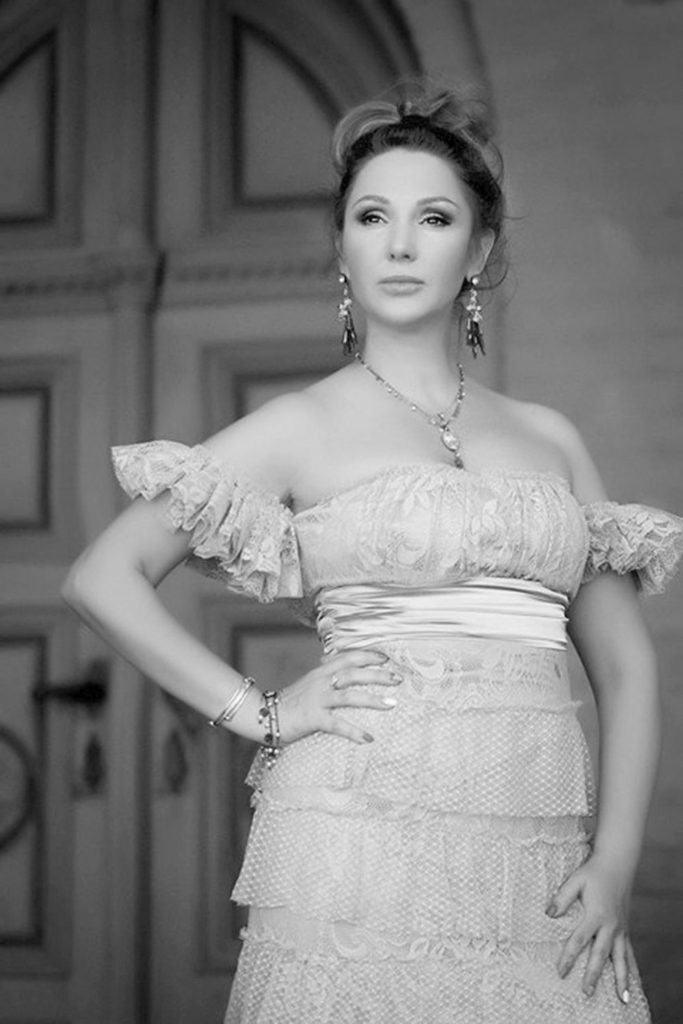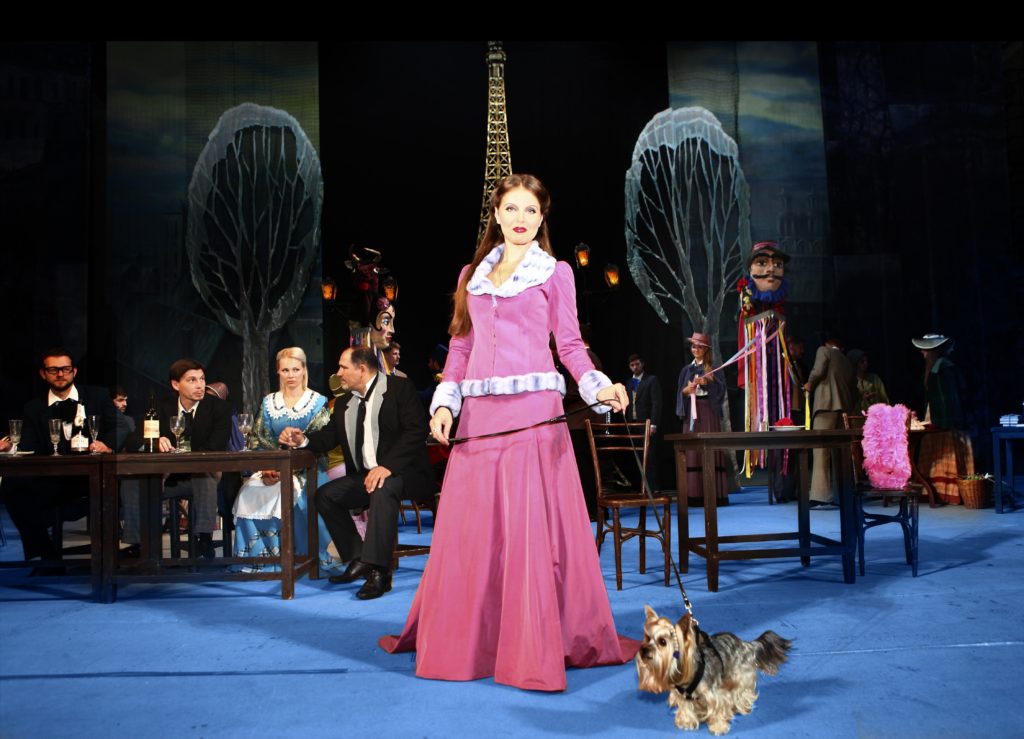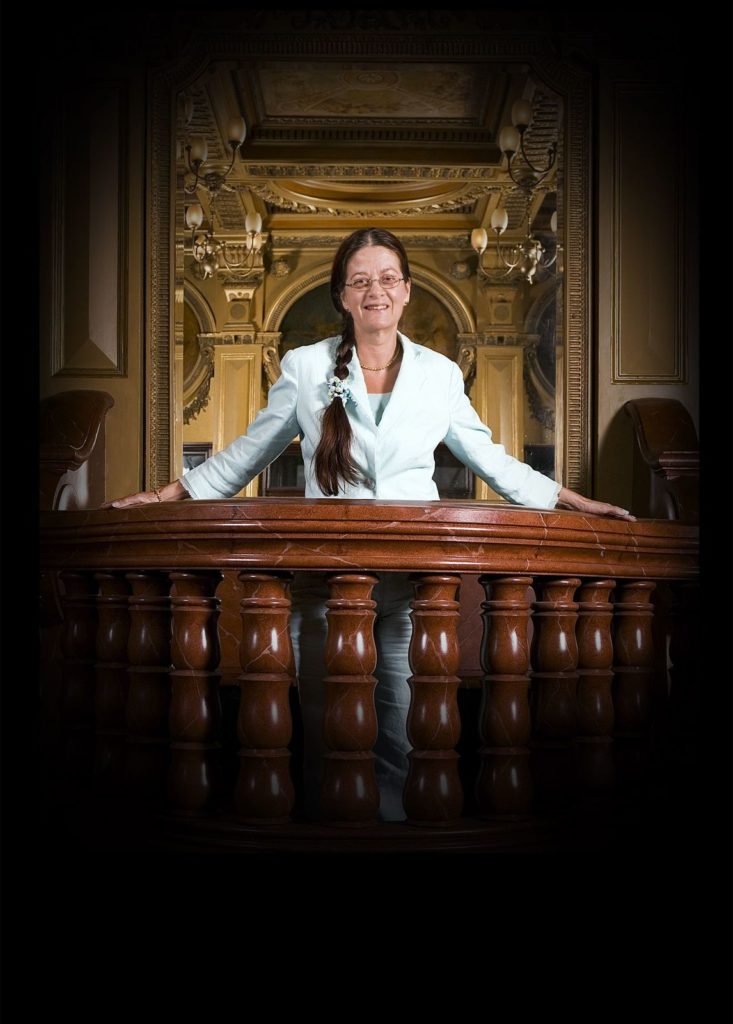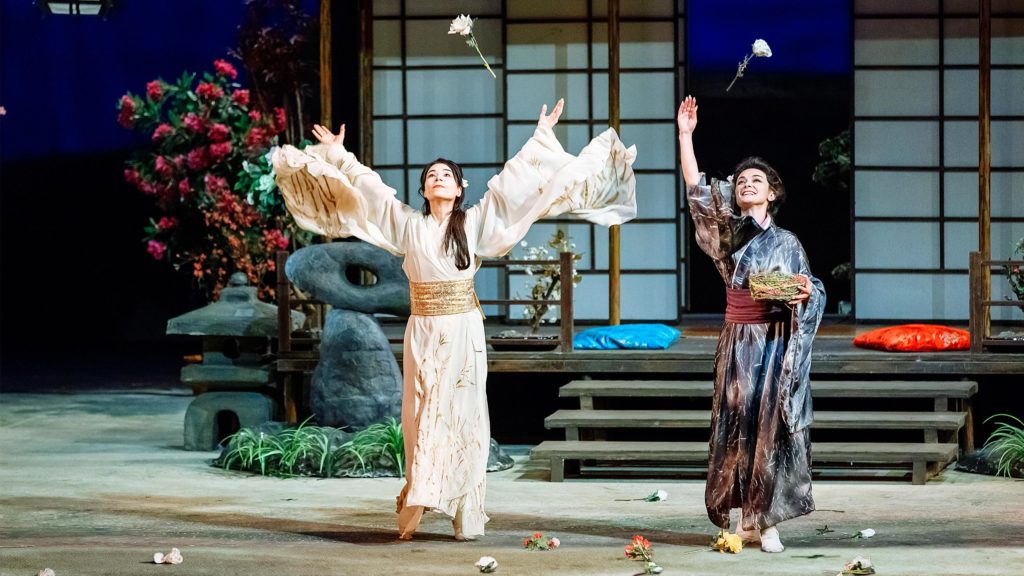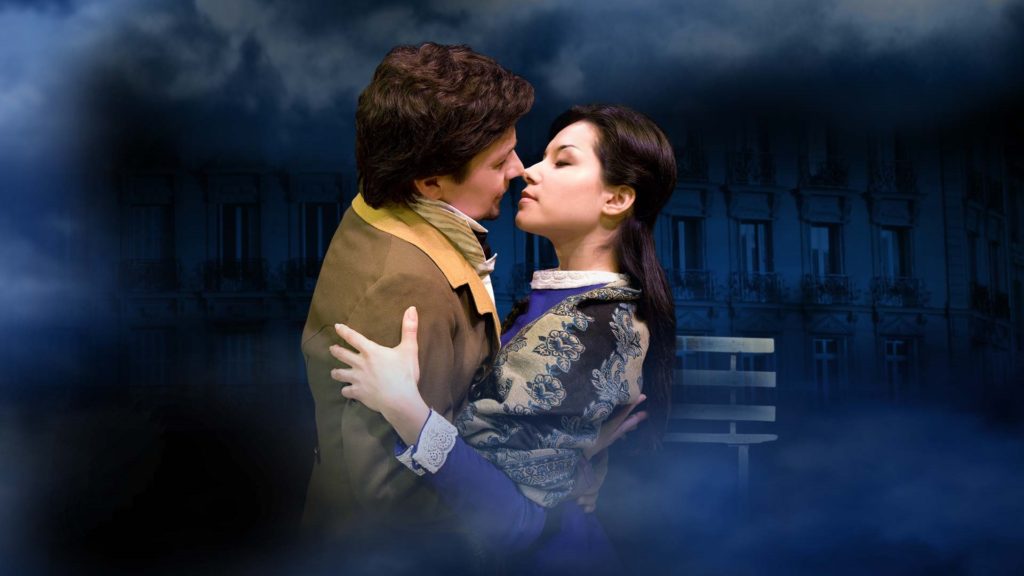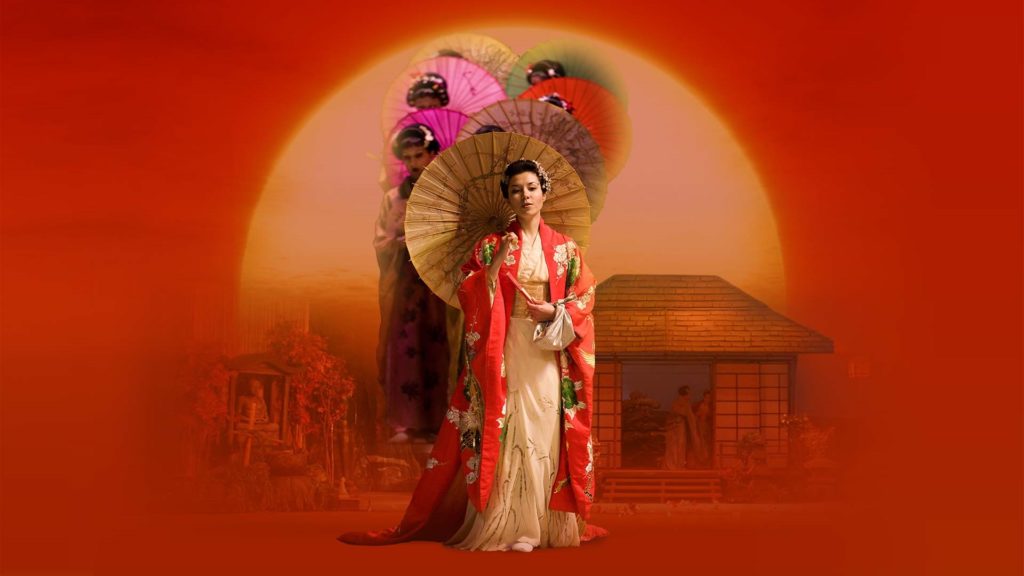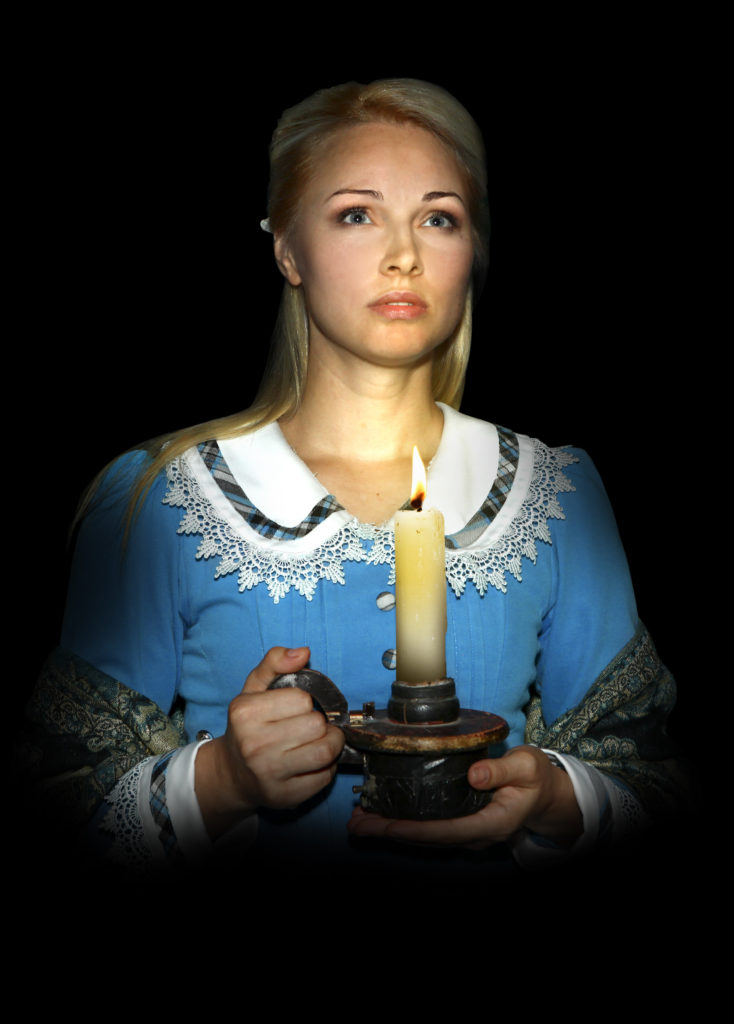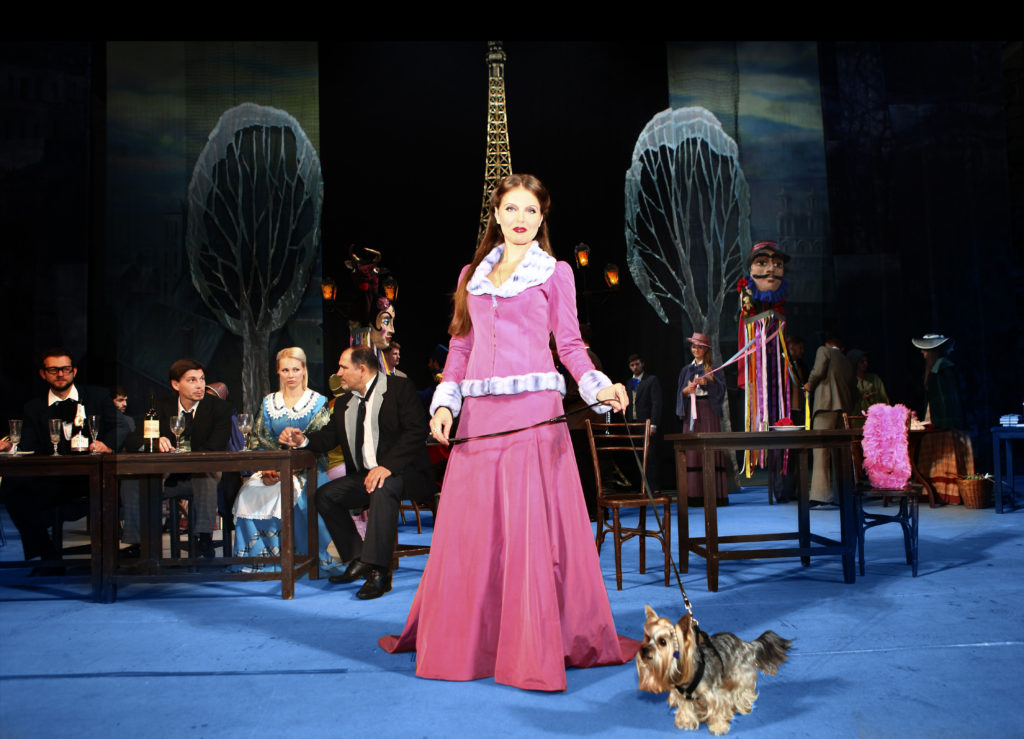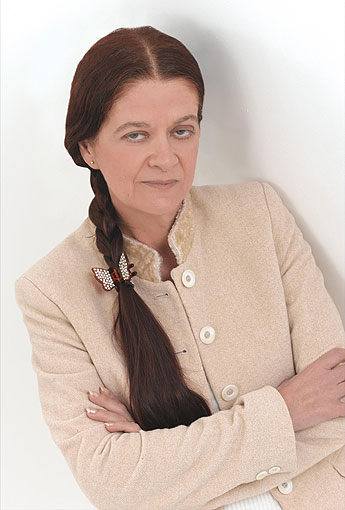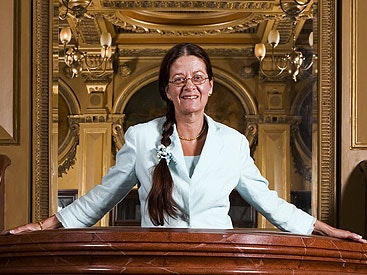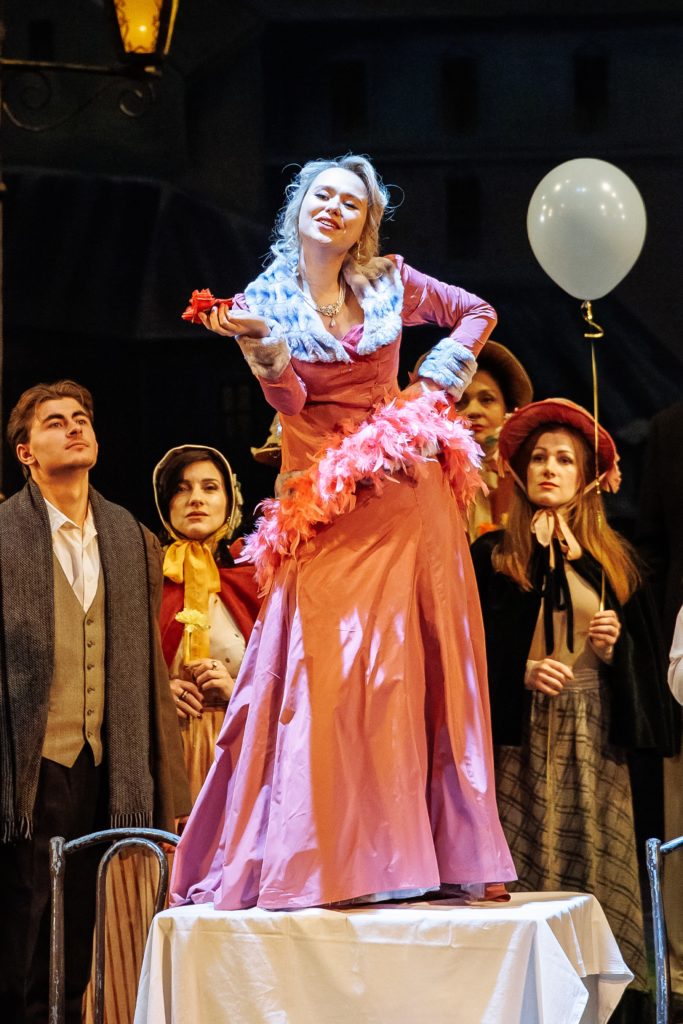
Ukrainian Opera and Ballet Theatre Kyiv in Ellen Kent’s production of La Boheme for Opera International
OPERA International director Ellen Kent returns to the Grand Opera House, York, tomorrow and on Saturday to present the Ukrainian Opera & Ballet Theatre Kyiv in Puccini’s La Boheme and Madama Butterfly.
As ever, the insurgence of President Putin’s Russian forces into Ukraine – now past its third anniversary – has presented Ellen with logistical challenges to bring the Kyiv singers and musicians from Eastern Europe to British shores, but emotional challenges too.
“Last year, the wife of Vasily, the orchestra director, was killed in their flat by one of Putin’s bombs” she says. “Vasily had gone shopping with his daughter and they came back to find her dead. He only recognised her in the rubble by her hair.
“He said: ‘I promise I will come on tour, but please let me bury my wife first’. Can you imagine what these people are having to go through? And yet he still came on tour.
“They are such proud people, and I almost feel Ukrainian myself, having worked with them since 2001, when I started with Odessa Opera. How can Trump and Putin meet without Volodymyr Zelensky? It’s completely undemocratic. Why are we so frightened of America? Because they are so powerful? If they leave Zelensky out of discussions, how outrageous is that?” [Editor’s note: Ellen was speaking on February 20.]
Every performance on tour climaxes with a show of support for Ukraine. “We bring out the Ukrainian flag and a great big banner at the end, when we sing the Ukrainian national anthem accompanied by the whole orchestra,” says Ellen.
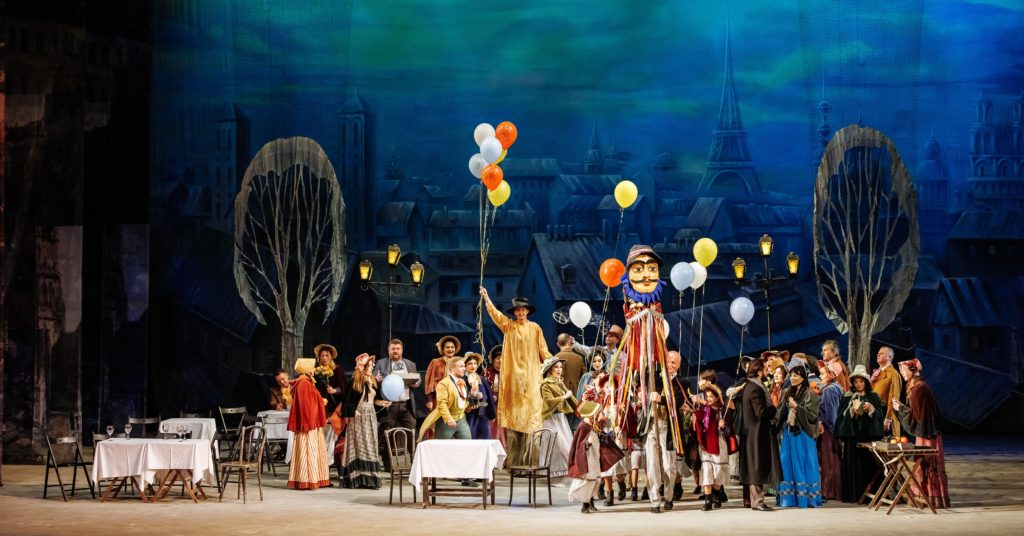
A scene from Ellen Kent’s Opera International production of La Boheme, featuring the Ukrainian Opera and Ballet Theatre Kyiv, on tour at the Grand Opera House, York
“All the audience rise to their feet without being prompted. It’s very emotional and a wonderful end to the opera. It’s a very, very moving experience and the audience love it, as it adds an extra level to the performance – and I’ve never had so many nice letters.
“We are the only company touring over here from Ukraine, which is significant, just as it was in 2001, but it’s even more so now. I’ve even received medals in Ukraine as the first person to bring Ukrainian performers into the UK.”
Aside from 2020-2021, when Covid intervened, Ellen has continued to tour Ukrainian productions for more than two decades. “But this tour is probably the most difficult of my life – it’s been a bl**dy nightmare,” says the veteran director, who will turn 76 in April.
“We bring them, through the war, out of Ukraine into Moldova on buses, to stay in Air B&Bs and hotels for a month of rehearsals in November and December, and then they return to Ukraine till the end of January, when they come across the border to Krakow, from where we fly them over here.”
Ellen continues: “We’ve faced challenges every single day. Serious problems. We get the necessary permission to bring the men on tour, but any man aged over 25 has to fight in the war; any man under 25 doesn’t, but there are exceptions, like if they are working for the big opera houses, they are exempt over 25 too.
“It’s a right palava as it has to go through the Minister of Culture to get permission, but the thing that makes me nervous is that we heard there were gangs going round in vans, kidnapping men to round them up to fight, and I was terrified that would happen to our men.
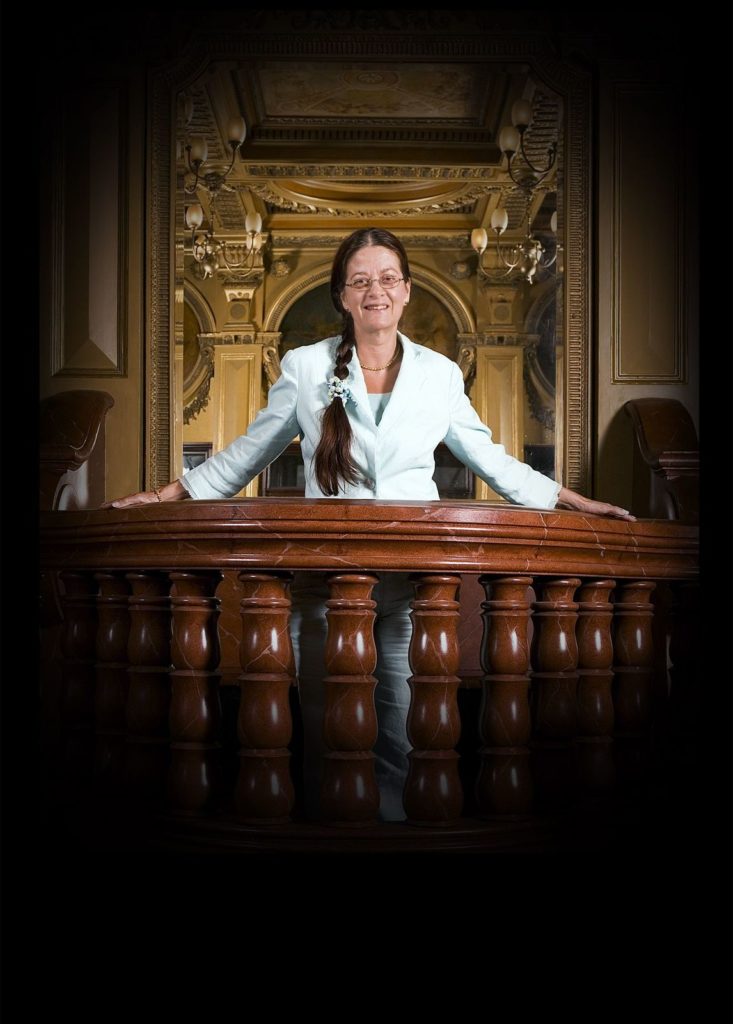
Opera director Ellen Kent
“It’s been very stressful, with changes of rules all the time, with a change of Minister of Culture, and we’ve had to deal with the Minister of Defence too.”
Ellen and Opera International have faced these difficulties for three years. “We know the process, but it’s beset with problems, and the new Minister of Culture is from the military. It’s got more and more military, which is inevitable.”
There has been a resulting impact on the Opera International tours. “Sometimes my orchestra could be bigger and I have to use a lot of young men because of the situation,” says Ellen. We’re getting younger and younger musicians now, perhaps a little younger than we would normally have.”
Nevertheless, Opera International resolutely keeps on touring, with three productions this time, Verdi’s La Traviata completing the line-up, with international soloists aplenty: Korean soprano Elena Dee, Ukrainian soprano Viktoria Melnyk, Ukrainian mezzo-soprano Yelyzaveta Bielous, Georgian tenor Davit Sumbadze and Armenian tenor Hovhannes Andreasyan.
“I’ll be coming up for the York performances, to remind me of my days when I was a young actor, performing at York Theatre Royal in the days of Richard Digby Day [artistic director from 1971 to 1976],” says Ellen. “Happy days!”
Senbla and Opera International present Ukrainian Opera and Ballet Theatre Kyiv in La Boheme, tomorrow, 7.30pm, and Madama Butterfly, Saturday, 7.30pm; both sung in Italian with English surtitles (CORRECT). Box office: atgtickets.com/york.

